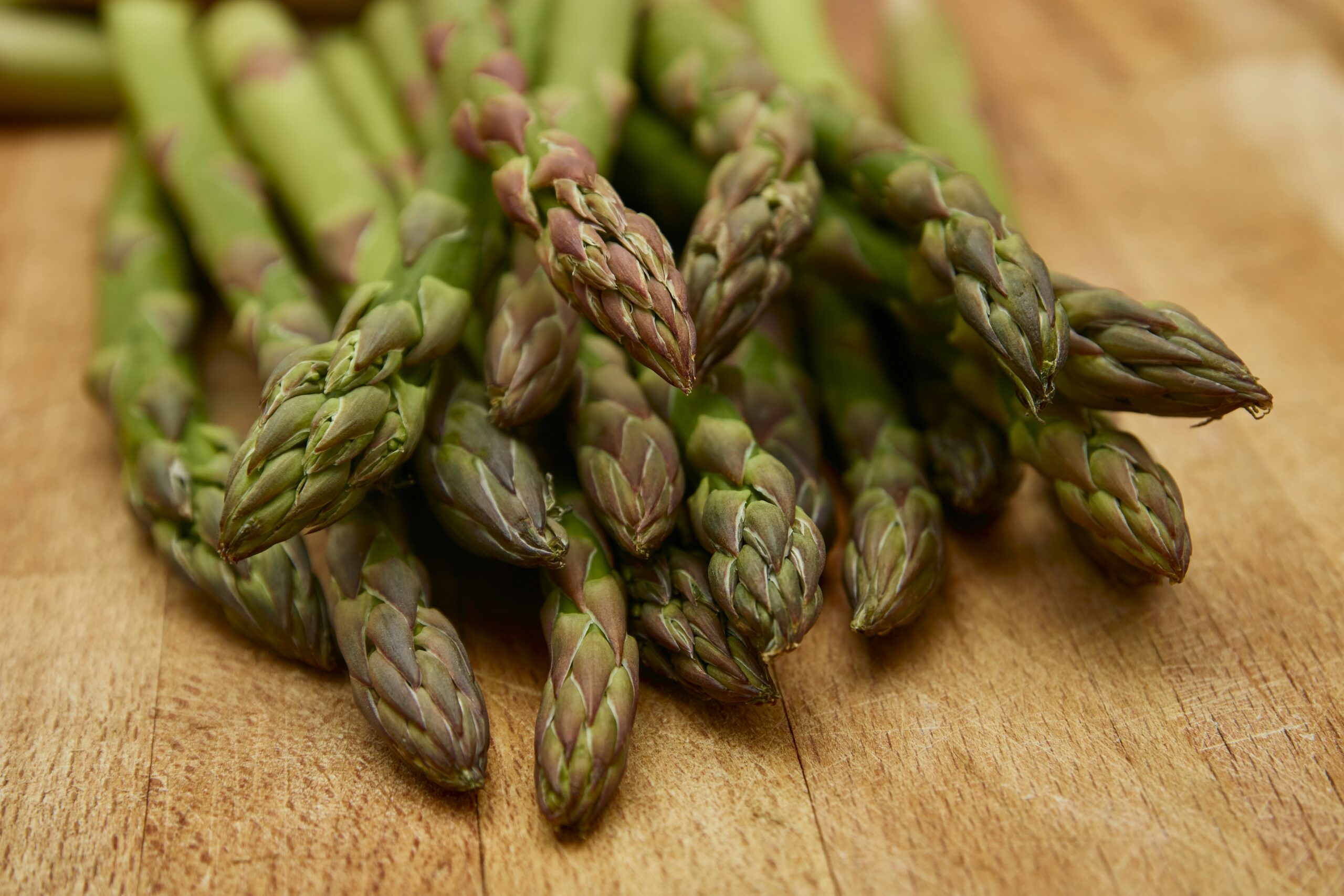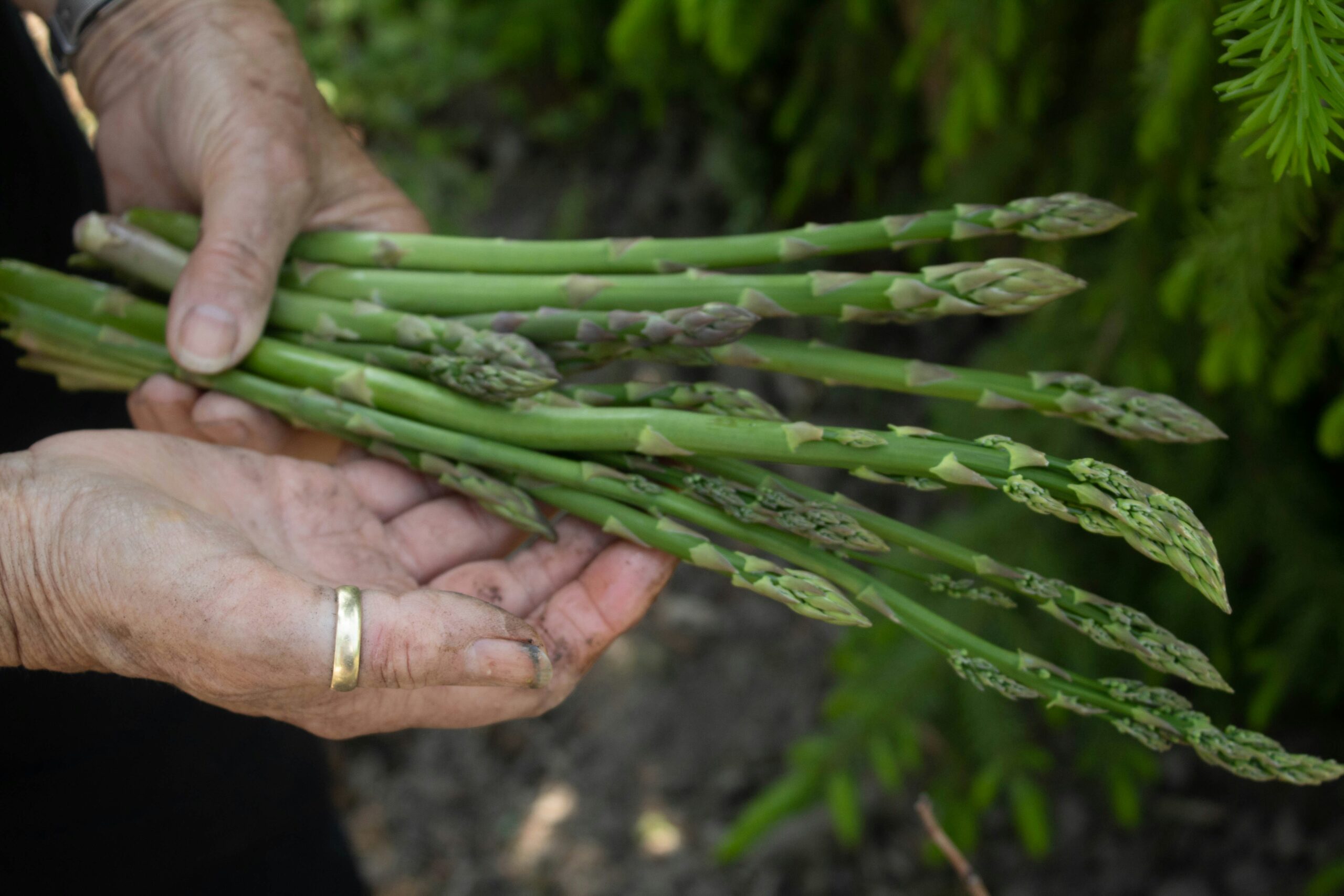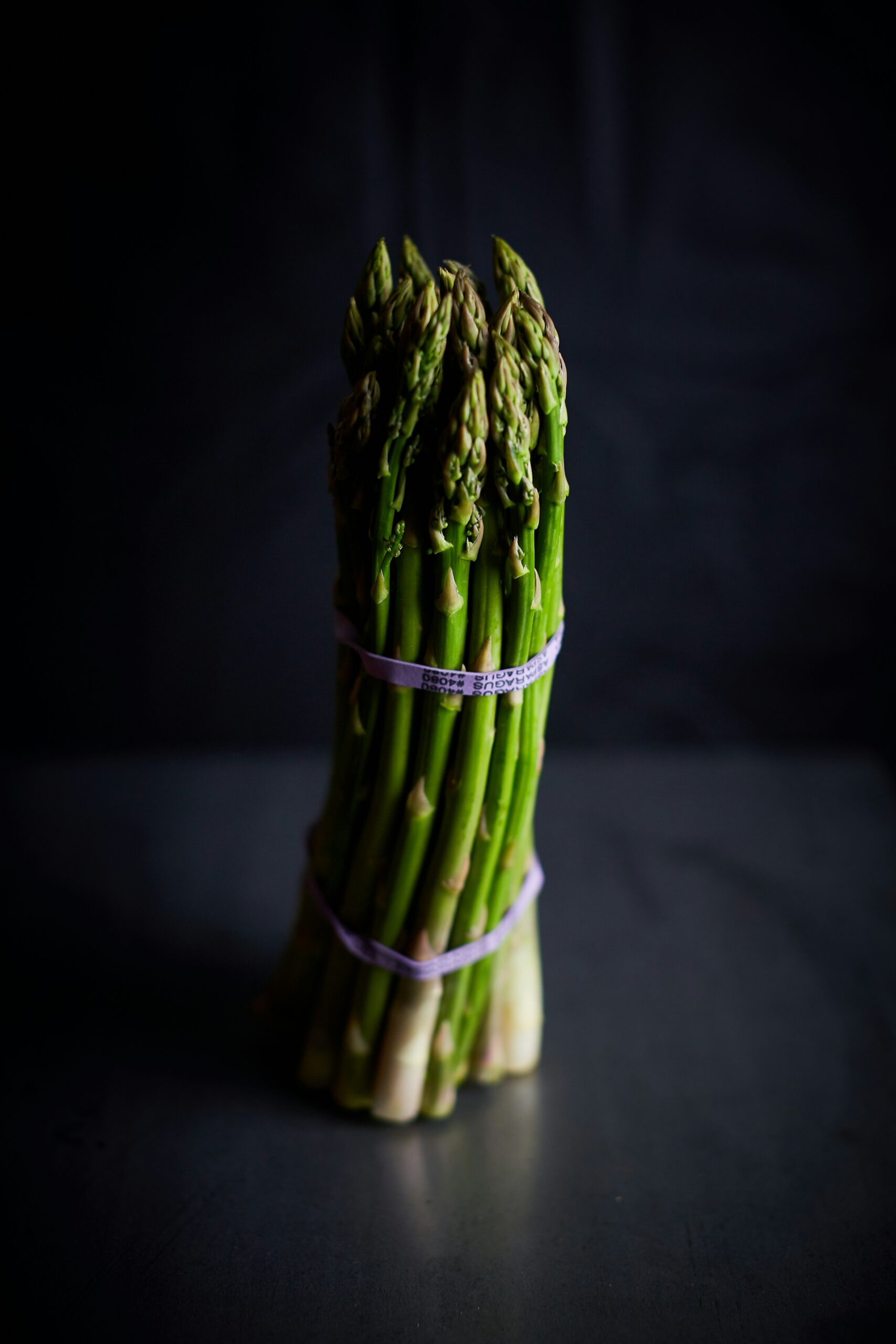Have you ever noticed a strong odor in your urine after eating certain foods and wondered why that happens? It’s quite a common experience, yet it’s not always clear which foods might be the culprits or why they have this effect. Understanding the relationship between what you eat and why you might notice changes in the smell of your urine can offer some clarity and help you make informed dietary choices.

The Science Behind Urine Odor
Urine, primarily composed of water, can contain a variety of waste products and chemicals that your kidneys filter out from your bloodstream. Normally, urine has a slightly aromatic, not unpleasant scent. However, certain foods, medications, and health conditions can cause urine to have an unusually strong or noticeable odor.
Why Does Urine Smell?
The smell of your urine often reflects the by-products of substances metabolized by your body. As you consume different foods, they get broken down in your digestive system, absorbed into your bloodstream, and then filtered through your kidneys. The resulting waste products exit your body via urine, sometimes imparting distinctive odors.
Foods That Can Alter Urine Smell
Various foods are well-known for affecting the aroma of urine. While not an exhaustive list, some specific foods have a reputation for causing particularly strong-smelling urine.
Asparagus
One of the notorious culprits behind strong-smelling urine is asparagus. This green vegetable contains a compound called asparagusic acid that breaks down into sulfur-containing metabolites, which are responsible for the distinctive odor. For individuals who can smell it—a trait subject to genetic variability—the scent can be quite pungent.
Coffee
Coffee drinkers might notice a change in the odor of their urine. The metabolites of coffee, coupled with its diuretic effects, can lead to more concentrated urine, which may have a stronger smell. Moreover, the scent of coffee may mix with the natural odor of urine, creating a more noticeable aroma.
Fish
Consuming fish, particularly in large amounts, can affect the smell of your urine. Fish contains various volatile compounds that can alter urine’s odor as they are excreted. If you’ve ever noticed a distinct smell after a seafood meal, this might be the reason.
Garlic and Onions
Garlic and onions are both rich in sulfur compounds, which can be absorbed into your bloodstream and subsequently passed in urine. These compounds can lead to a sharp, strong odor. While these foods are flavorful and beneficial to your health, they undeniably contribute to strong-smelling urine.
Spices
Certain spices like curry and cumin have strong aromatic qualities. When these spices are metabolized, the by-products can sometimes lead to a change in the odor of your urine. If you’ve noticed a spicier aroma, it could be correlated with your culinary choices.
Factors Affecting Urine Odor
While certain foods are known to cause changes in urine odor, there are also factors that influence this process. It’s not only the presence of specific foods but a combination of physical conditions, other dietary habits, and individual variances that determine the final scent.
Hydration Levels
Your hydration status plays a significant role in urine odor. More concentrated urine (from dehydration) tends to have a stronger aroma because the metabolites are less diluted. Staying properly hydrated can potentially ease and diminish strong odors by ensuring the urine is more diluted.
Genetic Variations
Genetics play a fascinating role in your perception of urine odor. Not everyone can smell the metabolites of certain foods, like those from asparagus. Genetic variations often dictate this ability. It’s possible to have consumed asparagus without experiencing any noticeable odor, while others clearly detect the scent.
Health Conditions
Underlying health conditions, particularly those affecting metabolic processes, can alter urine odor significantly. For instance, individuals with diabetes might notice a sweet-smelling urine due to high sugar levels if not adequately managed. Infections, particularly urinary tract infections (UTIs), can also cause a strong ammonia-like odor.
Identifying the Cause
There are practical ways to identify whether a food is influencing your urine odor or if another issue might be at play.
Keeping a Food Diary
Recording what you eat and any corresponding changes in the smell of your urine can be incredibly insightful. Over time, you might see patterns that help you pinpoint certain foods that consistently lead to noticeable smells.
Consulting with Healthcare Providers
If you have concerns about unusually strong-smelling urine or if it persists without an obvious cause, consulting a healthcare provider is advisable. They can rule out any underlying health issues that might need attention.

Recommendations and Considerations
Awareness of how diet affects urine odor can be a useful tool in managing your health and nutrition choices. Keeping a balanced approach is always beneficial, embracing variety while being mindful of any food-related effects on your body.
Moderation is Key
While it’s interesting to note which foods may affect urine odor, moderation is key. Including a wide range of foods in your diet ensures you’re receiving essential nutrients without any single food causing notable changes or discomfort.
Stay Hydrated
Ensuring you drink adequate water daily can help maintain normal urine concentration and reduce the potency of any odors. Hydration isn’t just vital for odor management—it supports various functions across the body.
Conclusion: Understanding and Acceptance
Understanding the link between diet and urine odor can demystify what might initially be unexpected. It’s natural for your body to produce different odors based on dietary choices; there’s no right or wrong. With awareness and simple adjustments, you can manage these changes comfortably. By considering your meals, hydration levels, and any noticeable patterns, you are in a better position to understand your body’s signals and make informed decisions.
Every body is unique, much like individual perceptions. Embrace these differences and use them as a learning point to maintain health and happiness in your dietary journey.


